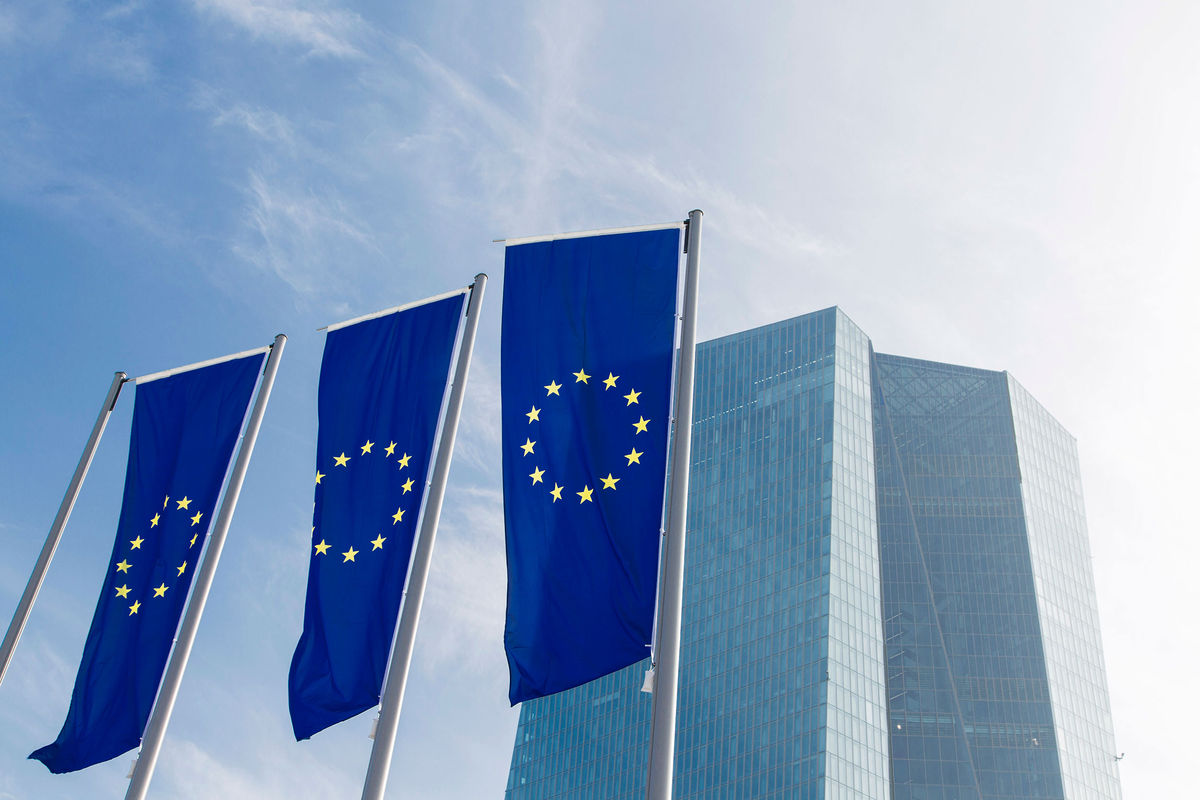Europe is wary of letting its banks rival JPMorgan

By Bloomberg View
In the coming years, there are likely to be a couple of empty seats at the global investment-banking table. While U.S. financial institutions consolidate their dominance of the world's securities markets and Asia's exploding middle class begins to propel that region's banks onto the world stage, Europe looks set to be left behind. The next challenger to JPMorgan Chase is much more likely to emerge from China than from either the U.K. or the euro zone.
QuickTakeBank Leverage
Here's how European Union and Swiss banks stack up so far this year against their U.S. competitors in the key capital- markets arenas of financing companies through issuing bonds, providing loans and selling shares:
The $176 billion of global loans handled by JPMorgan equals the combined activity of Deutsche Bank, Barclays and HSBC. In global equities, the five top U.S. banks have done $166 billion of business this year, more than double what their five most- active EU and Swiss peers have brought to market. In worldwide corporate debt, JPMorgan and Bank of America Merrill Lynch have a combined market share of 15.7 percent, while Deutsche Bank and Barclays have about 11.3 percent.
In the aftermath of the financial crisis, the ambitions of the European contenders for world-beating status have all been curtailed. Deutsche Bank, arguably the region's best bet to become a world champion, effectively signaled a halt to its globetrotting ambitions by firing Anshu Jain, a co-chief executive officer, in June. His replacement, John Cryan, says the bank can't afford the "luxury" of devoting gobs of capital to the trading business. This fall, he's expected to extend the 3.5 billion euros ($3.9 billion) of cost cuts announced in April, although he may preview his plans in this week's earnings release.
Barclays also fired its CEO, Antony Jenkins, earlier this month. Jenkins, whose background was in retail banking, struggled to restructure the investment-banking division. Chairman John McFarlane is expected to step up the pace of scaling back that division's activities when he announces the bank's earnings this week.
HSBC Holdings, which used to market itself as the world's local bank, is a truly global institution. But it made 78 percent of its profit in Asia last year, with just 3.2 percent coming from Europe. Moreover, one of these days it may well make good on its constant threats to quit the U.K. and relocate its headquarters to somewhere in Asia, fully disqualifying it as a European player. And Royal Bank of Scotland, the U.K.'s other pretender to world-class status in the boom times, has been forced to shrink after needing a bailout of more than 45 billion pounds ($70 billion). RBS remains a ward of the U.K. government. None of the other European names that crop up in the league tables, such as France's BNP Paribas, Italy's Unicredit or Spain's Santander, have truly global ambitions.
Both of the region's Swiss challengers for global status -- UBS and Credit Suisse -- are focusing on managing money for the wealthy rather than chasing profit by trading securities. UBS said on Monday that income from its wealth-management unit more than doubled in the second quarter. Credit Suisse CEO Tidjane Thiam, who took charge of the Swiss bank four months ago after building his career in the insurance business, said last week that "part of the thinking in the investment bank is to shrink, to be able to focus on really the most value-creating businesses" because "regulation has developed in an unsupportive or unfavorable way."
Complaints from U.K. and European banks that their overseers have shown more enthusiasm for solving too-big-to-fail by focusing more on the first two words of the problem than their U.S. counterparts have some merit. That also means the typical solution to this kind of industry problem -- merging smaller institutions into bigger players with sufficient clout to compete globally -- isn't available. European regulators want their investment banks to shrink, not grow, and have tailored new rules to nudge them in that direction. Wall Street seems to have better weathered the post-crisis storm, which is perhaps testament to its lobbying skills.
Do European companies need a European hand to hold as they navigate the global capital markets? Do European stocks, bonds and currencies require non-U.S. participants for efficient trading? Does it matter if there isn't a European bank that can bestride the world of finance?
I would argue that it does, but for a different reason than the geography of headquarters. I'm a supporter of regulators who want to return to some form of the Glass-Steagall Act, which forced U.S. banks to split their lending and securities businesses. A complete separation of basic deposit-taking and lending activities from deal-making and derivatives trading makes sense to me. That applies to the U.S. behemoths as well as their European cousins.
Cleaving Barclays, Deutsche Bank, Citigroup or whoever else into retail and investment banks, and then letting those riskier units merge into bigger cross-border institutions -- properly regulated, mind -- seems a more sensible outcome than the current fractured landscape.
Here we are to serve you with news right now. It does not cost much, but worth your attention.
Choose to support open, independent, quality journalism and subscribe on a monthly basis.
By subscribing to our online newspaper, you can have full digital access to all news, analysis, and much more.
You can also follow AzerNEWS on Twitter @AzerNewsAz or Facebook @AzerNewsNewspaper
Thank you!
